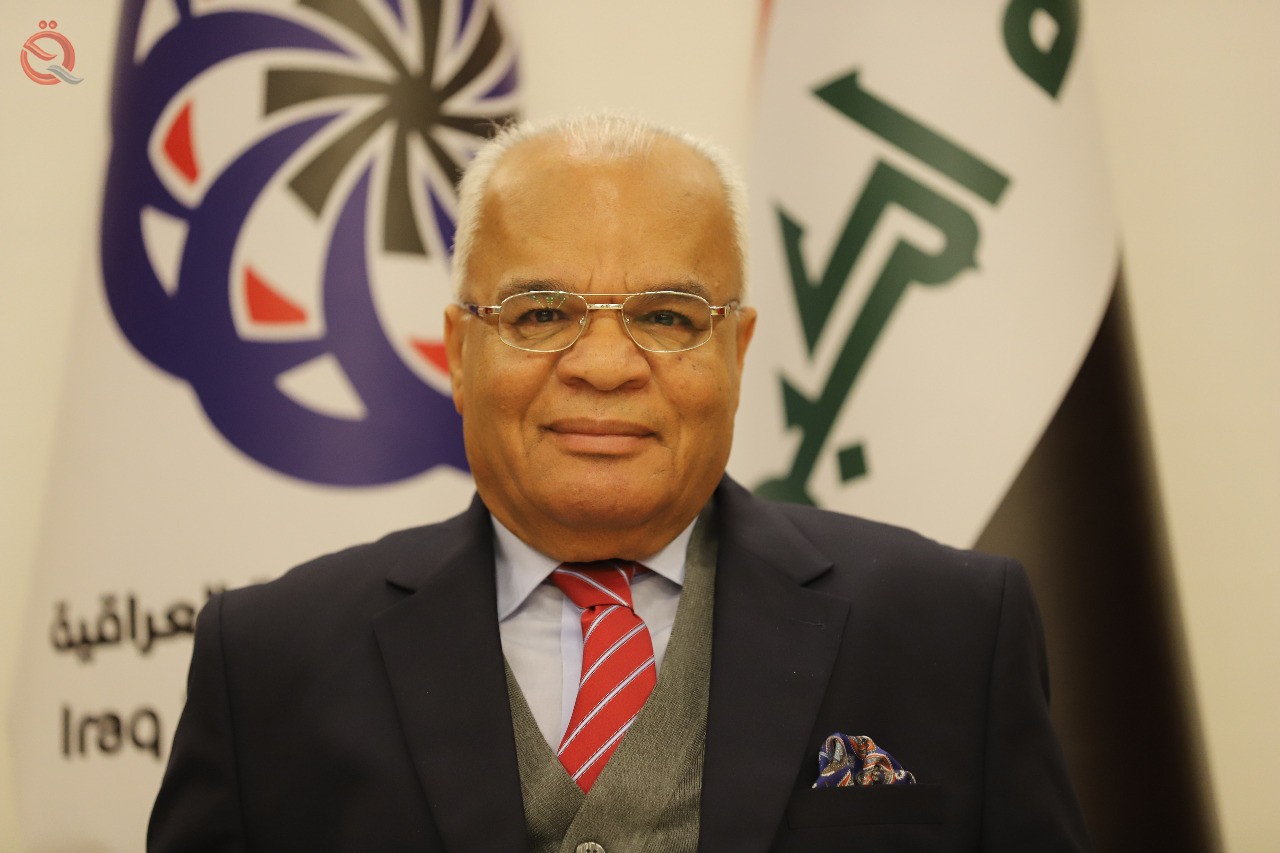Al-Nassiri: We need a systematic movement for economic reform
 Economy News – Baghdad: The Economic and Banking Adviser to the Association of Iraqi Private Banks, Samir al-Nasiri, demanded, on Sunday, that there should be a systemic movement to draw a road map for economic reform carried out by the elites and economic, financial and banking competencies of Iraq and that the economic movement is based on several important economic pillars that adopt a new philosophy to manage the economy and achieve the central goal of By creating sustainable development, achieving diversification of resources, developing economic and human structures in order to properly build the national economy and building the introductions to the transition to a social market economy.
Economy News – Baghdad: The Economic and Banking Adviser to the Association of Iraqi Private Banks, Samir al-Nasiri, demanded, on Sunday, that there should be a systemic movement to draw a road map for economic reform carried out by the elites and economic, financial and banking competencies of Iraq and that the economic movement is based on several important economic pillars that adopt a new philosophy to manage the economy and achieve the central goal of By creating sustainable development, achieving diversification of resources, developing economic and human structures in order to properly build the national economy and building the introductions to the transition to a social market economy.
He added in an interview with “Al-Iqtisad News”, “We need serious work for the economic transformation and to look to the future and the available capabilities and with a realistic and ambitious road map that depends on managing and distributing public money in a transparent and fair way, provided that the beneficiary in the results and outputs of the people and that the citizen feels that his national economy, resources and resources are dedicated to ensuring A decent life, as mentioned in the articles of the permanent Iraqi constitution, in a way that creates prosperity for society.
Al-Nusairi asserted, “The necessity of setting a new reform approach by our Iraqi experts and competencies, and it is okay to use the houses of solid international expertise, especially from countries that have successful experiences in economic construction in modern history, similar to us in some circumstances and problems, and can benefit from the experiences of Japan, China, Malaysia, Singapore, and some Other countries that have adopted the social market economy system. ”
Al-Nusairi pointed out, “The possibility of defining the road map to achieve an approach to economic reform in Iraq according to several data, the most important of which is the formation of the Supreme Council for Economic Reform to legislate a law binding the ministries to implement its decisions and has the power to follow-up, monitor, and evaluate, and is headed by and members of a group of governmental experts and the private economic and technocrats.”
He pointed out, “The importance of developing policies and mechanisms to diversify the sources of financing the public budget and not relying on oil only,” noting that “the directions of reform require the transition to the central administration of the economy so that the principle of (centralization of planning and implementation decentralization) is implemented, and this means that the Supreme Council for Economic Reform takes charge of Plans, policies and distribution of their implementation to specialized councils for reconstruction, investment and implementation of development projects in the economic and human sphere. These councils are the Private Sector Council, the Construction Council, the Small and Medium Enterprises Development Authority, the Public Service Council and the Product Support and Protection Council Local, as well as the achievement of sustainable economic development and create and create an investment climate for local and foreign investors and motivate, encourage and ensure that contractual rights to attract their capital and protect them from the pressures of spoilers. ”
He said that “the axis of reform should include providing soft loans to finance small, medium and large projects and establishing a legal and institutional system for managing, developing and developing them, as well as issuing and amending the laws of the legal environment to regulate the economic process. This means issuing new laws instead of laws issued in 2004 by the American civil governor Notorious Paul Bremer. ”
Al-Nassery stressed on “the necessity of activating investment in the agricultural, industrial, energy, tourism, services and housing sectors, as well as working to reform, develop and develop the banking sector through monetary policy applications and regulating the relationship and restrictions that govern financial and monetary policies, as well as the serious approach to reforming the tax, financial and customs system.” Handling cases of failure to achieve the required growth rates in national income and exceeding the rise in unemployment and poverty rates. ”
